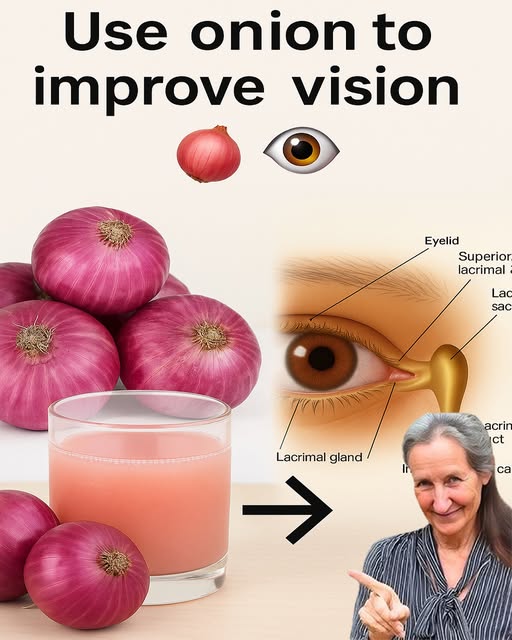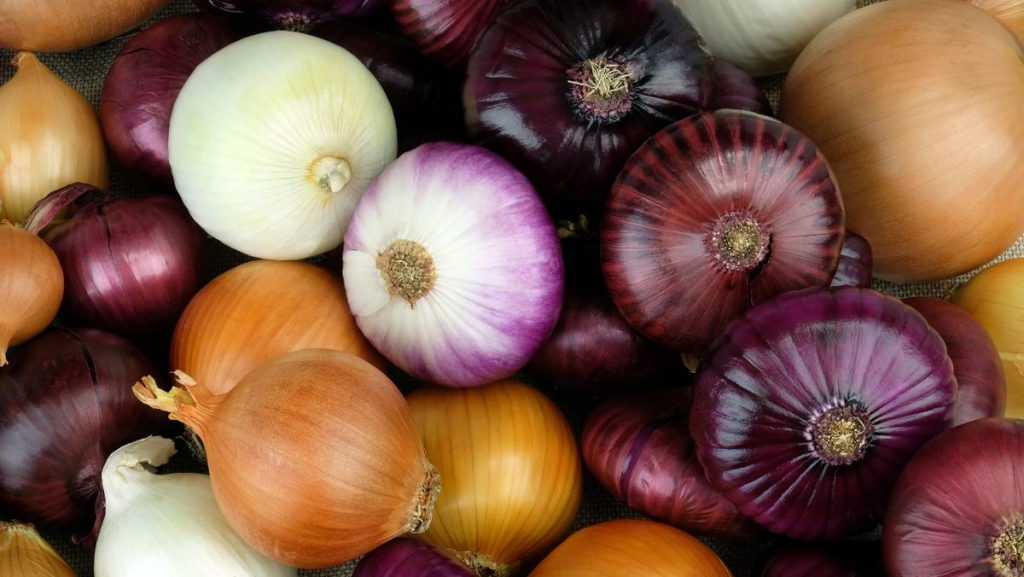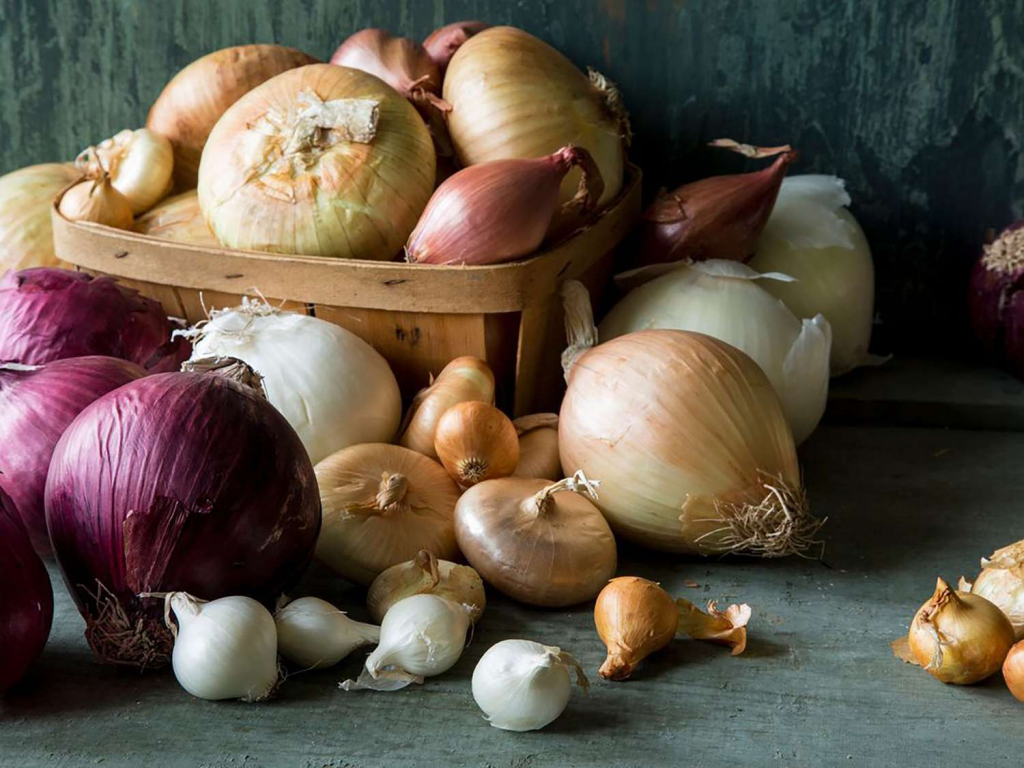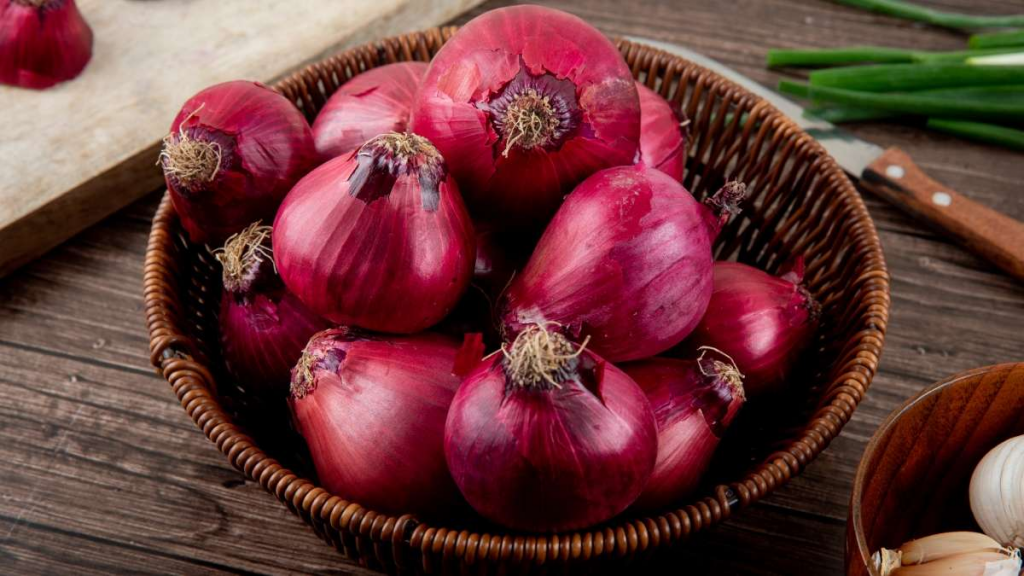More than 2.2 billion people worldwide live with vision impairment or blindness, according to the World Health Organization. From blurry vision to difficulty focusing, many of these conditions are linked to poor lifestyle habits, screen overuse, or nutritional deficiencies. While modern medicine offers glasses, surgery, and medications, many people are increasingly curious about natural approaches that can complement traditional care.
One surprising ally in this quest for better eyesight is something you already have in your kitchen: the onion. For centuries, onions have been part of traditional home remedies believed to help with circulation, immunity, and even vision support. The idea of improving eyesight naturally in just five days may sound too good to be true, but certain nutrients in onions—like vitamin C, sulfur compounds, and antioxidants—have made them a staple in wellness traditions around the world.
In this article, we’ll explore how onions may support eye health, simple ways to use them at home, and practical lifestyle habits that could work together to keep your vision clear and strong.

Why Onions Are Linked to Eye Health
Onions are more than just a cooking essential. They are loaded with compounds that have been traditionally associated with wellness.
Key Nutrients in Onions
- Vitamin C: An antioxidant that supports collagen in the eyes and helps protect against oxidative stress.
- Sulfur compounds (like quercetin): Believed to aid circulation, which is important for delivering oxygen and nutrients to eye tissues.
- Vitamin B6 and folate: Support nerve function, potentially beneficial for the optic nerve.
- Trace minerals (selenium, manganese, chromium): Help regulate cellular processes that may indirectly influence eye health.
Traditional Beliefs
In folk remedies across Asia and Africa, onion juice has been applied in diluted form or consumed to support clear vision. While scientific research is still catching up with these traditional claims, the nutritional profile of onions makes them a reasonable addition to an eye-friendly lifestyle.

How to Use Onion for Eye Support at Home
If you’re curious about trying onion-based remedies, here are practical methods that have been passed down through generations. Always approach them with caution and consult your healthcare provider before trying any new regimen.
Method 1: Onion and Honey Mix
- Extract fresh onion juice (1 tablespoon).
- Mix with 1 tablespoon of raw honey.
- Take by mouth once daily, preferably on an empty stomach.
- Believed to support immunity and circulation, which indirectly benefits the eyes.
Method 2: Onion Water Infusion
- Slice one medium onion.
- Boil in two cups of water for 10 minutes.
- Strain and sip the water while warm.
- Traditionally consumed daily for a short period (like 5 days) to help cleanse the body.
Method 3: Onion with Carrot Juice
- Blend one onion with two medium carrots.
- Strain to extract juice.
- Drink half a cup daily.
- Carrots bring beta-carotene (a precursor to vitamin A), complementing onion’s natural compounds.
| Method | Ingredients | Suggested Use |
|---|---|---|
| Onion + Honey Mix | Onion juice + honey | 1 tbsp daily |
| Onion Water Infusion | Onion + water | Drink once daily, 5 days |
| Onion + Carrot Juice | Onion + carrots | ½ cup daily |

Lifestyle Habits That Enhance the Effect
While onions may support wellness, no single food can guarantee perfect vision. Combine them with smart lifestyle practices for better results.
1. Eat an Eye-Friendly Diet
- Focus on leafy greens (spinach, kale), fish rich in omega-3 (salmon, sardines), nuts, and seeds.
- Add colorful fruits like oranges and blueberries for antioxidants.
2. Practice the 20-20-20 Rule
- Every 20 minutes of screen time, look 20 feet away for 20 seconds.
- This reduces digital eye strain.
3. Protect Your Eyes Outdoors
- Wear sunglasses to block harmful UV rays.
- Stay hydrated, as dryness can blur vision.
4. Sleep and Rest
- Quality sleep allows your eyes to repair and refresh.
- Aim for 7–8 hours nightly.

A Real-Life Example
In rural India, a 52-year-old teacher began drinking onion-infused water each morning, paired with a diet rich in vegetables and leafy greens. Within a week, she noticed less eye strain while reading under dim light. While her story is anecdotal and not scientific proof, it reflects how traditional practices and modern awareness can meet in practical, everyday routines.
Conclusion
Onions may not be a magic cure, but they are a humble, nutrient-rich food that could complement other natural strategies for better eyesight. Whether mixed with honey, infused in water, or blended with carrot juice, onions have long been valued in traditional remedies. Combined with proper nutrition, screen management, and eye care habits, they may help you experience clearer, more comfortable vision naturally.
FAQ
Q1: Can onion juice be applied directly to the eyes?
No. Direct application can cause irritation and should be avoided. It’s better consumed as part of food or diluted blends.
Q2: How long should I drink onion water?
Traditionally, short-term use such as five days has been suggested. Always listen to your body and consult a healthcare provider.
Q3: Will onions cure eye diseases like cataracts or glaucoma?
No. Onions are not a substitute for medical treatment. They may support general eye health but cannot replace prescribed care.
Q4: Can children or older adults take onion remedies?
Yes, in small amounts as part of food. However, avoid giving concentrated onion juice to children without professional advice.
Q5: What’s the safest way to use onions for vision?
The safest approach is through diet—adding onions to soups, salads, or juices, instead of applying directly to the eyes.
*Disclaimer: This content is for informational purposes only. It is not intended to replace professional medical advice, diagnosis, or treatment. Always consult with a qualified healthcare provider before making changes to your health routine.




